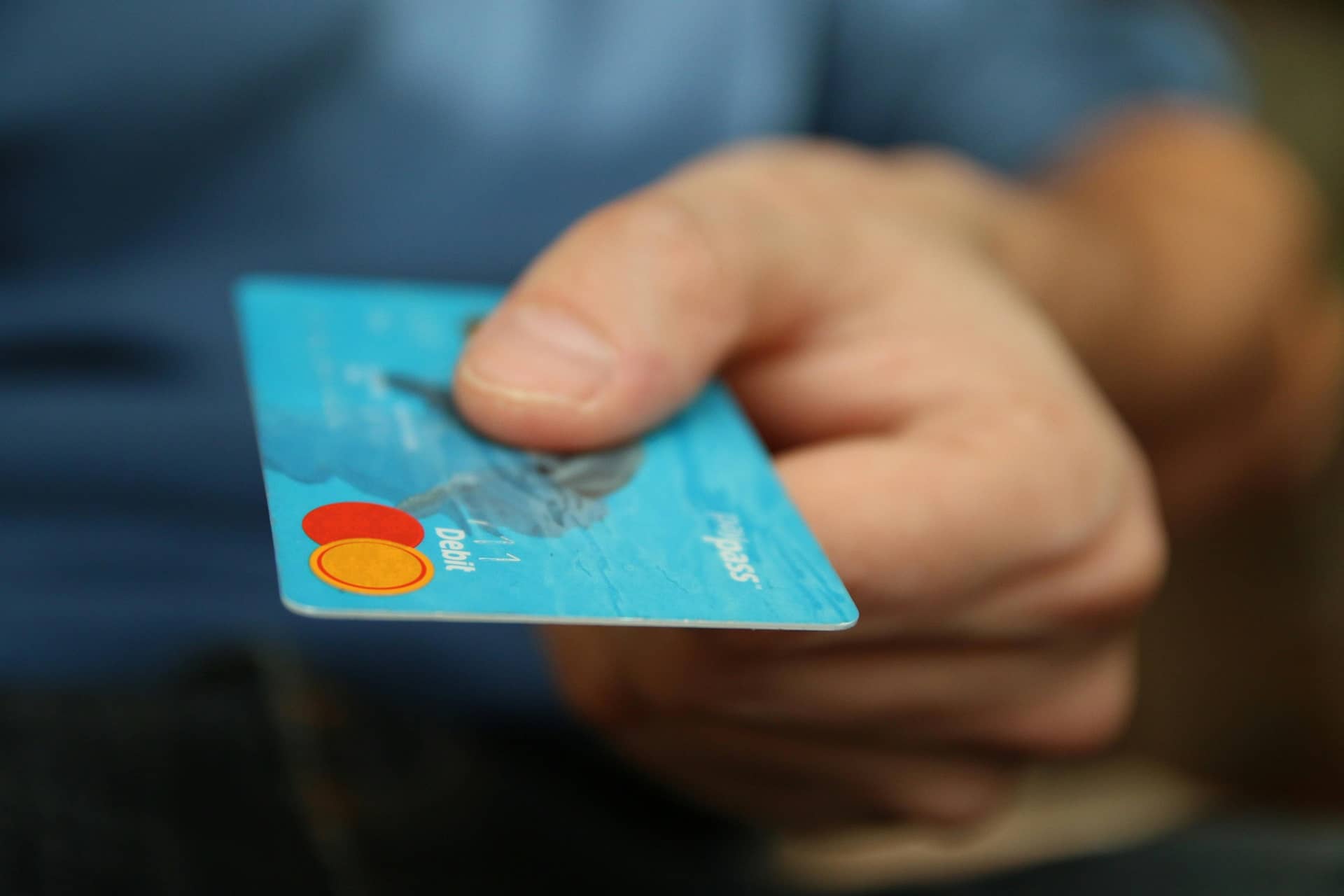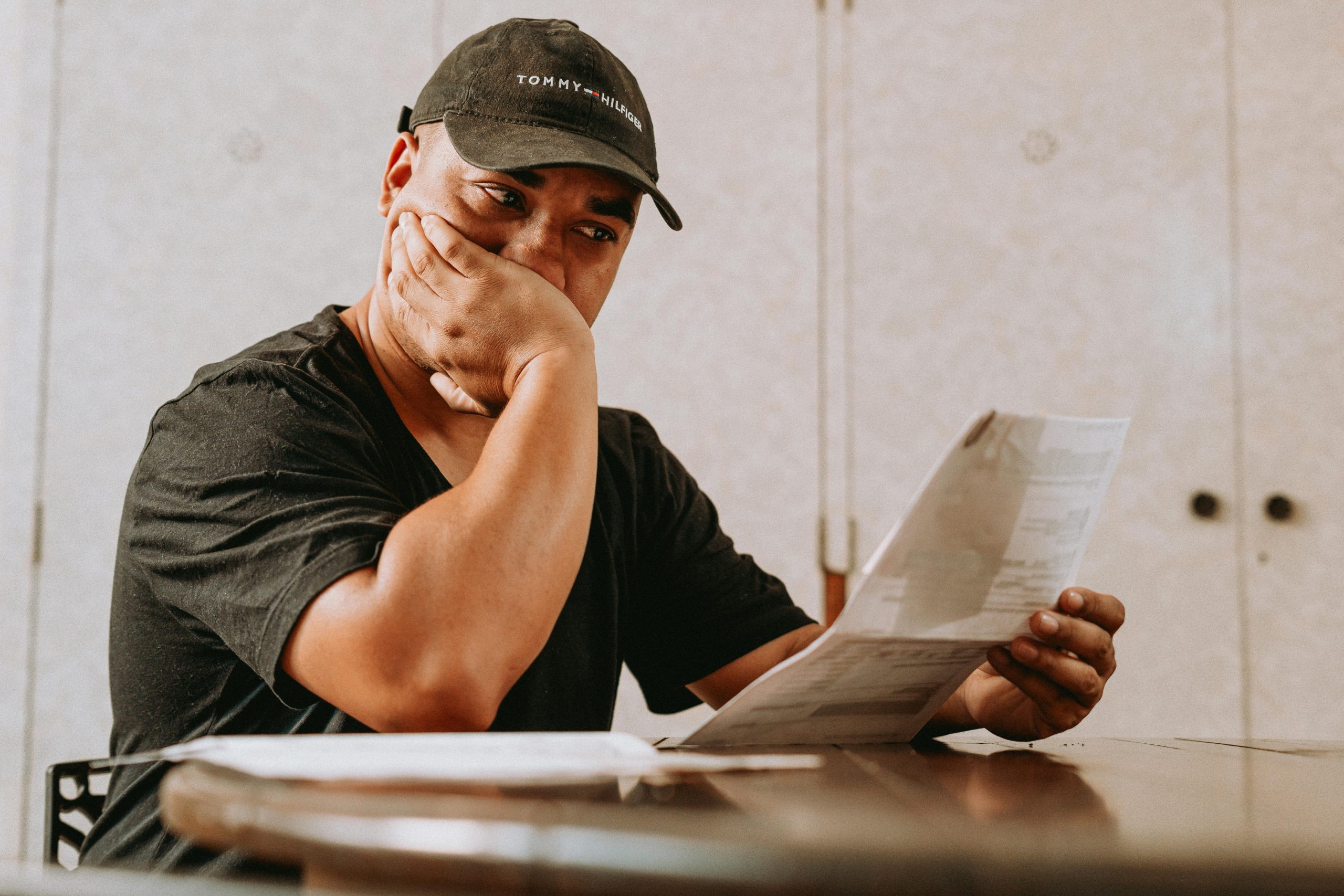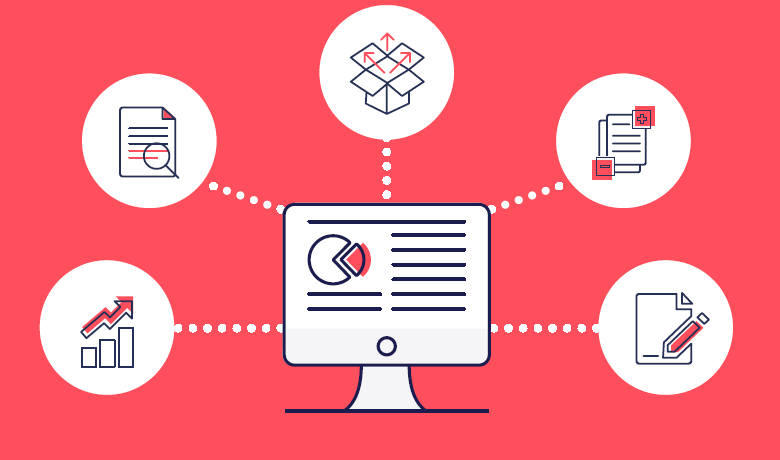“What’s the difference between insolvency and bankruptcy?” is a question we’re commonly asked by clients with businesses that are in financial distress.
The short answer is…
‘Insolvent’ is the terminology used for a limited company, sole trader, partnership or individual that cannot pay its debts on time or in full, now or in the future.
‘Bankruptcy’ refers to the formal declaration of insolvency made by an individual, sole trader or partnership who cannot pay their personal or business debts on time or in full, now or in the future.
Let’s go into more detail on the definition of insolvency vs bankruptcy.
What is insolvency?
The biggest difference between insolvency and bankruptcy is that ‘insolvency’ or ‘insolvent’ is used to refer to the financial status of a limited company, individual, sole trader or partnership. Any of these are seen as being insolvent when they have liabilities that are greater than its assets.
There are ways to remedy this. Often by looking at the source of your trouble, such as increased competition in the marketplace, changes in consumer behaviour or poorly managed cash flow, we can tackle the issue from the roots and eliminate the problem.
In some cases, we can use a procedure like a Company Voluntary Arrangement (CVA) to arrange for the manageable repayment of the debts with your creditors, so that you have breathing space to get back on track.
Depending on your unique circumstances, it might be that you need to use an Administration or Liquidation to rid yourself of debt and restart your business with a clean slate. As with all insolvency processes, these both require the services of a licensed insolvency practitioner.
What is bankruptcy?
As we have said above, the difference between insolvency and bankruptcy is that a limited company cannot be bankrupt. A sole trader or partnership can be, as they are personally liable for their business’ debts.
In addition, an individual, sole trader or partnership can be insolvent without being bankrupt. This is because bankruptcy is the formal declaration by an individual of their insolvency. There are alternatives to bankruptcy.
If you owe £20,000 or less on credit cards, loans, overdrafts, rent or bills, and have less than £50 spare income a month, you can apply for a Debt Relief Orders, via a licensed insolvency practitioner. Once the Debt Relief Order is approved, you’ll be protected from them taking legal action. At the end of the Debt Relief Order, the debts listed on the order will be written off.
An Individual Voluntary Arrangement (IVA) is similar to a CVA, which we detailed above. It’s a formal agreement between you and your creditors that states new terms for the repayment of your debts. An IVA will give you breathing space to create a plan to get out of debt completely. We often use an IVA for sole traders or partnerships who find themselves in an insolvent position.
These options are both preferable to bankruptcy as they are both tailored to your personal circumstances and do not require you to sell your personal assets to pay back your debts.
How can liquidation.co.uk help you understand the difference between insolvency and bankruptcy?
We can talk you through your options when it comes to insolvency vs bankruptcy. As industry leading experts with 40 years’ experience, we’re in the best position to advise you of the benefits of each solution, depending on your situation. We can also match any like-for-like quote ensuring you receive the best service for the lowest price.
FAQs
How do I know if my business is insolvent?
To determine if your business is insolvent – as a limited company, sole trader or partnership – you need to look at your cash-flow and your balance sheet.
Does your cash-flow show that you have enough to pay every debt on time and in full in the foreseeable future? If not, this is a sign of insolvency.
Does your balance sheet show that your assets outweigh your liabilities? If not, this is another sign that you’re in an insolvent position.
As an individual, if you are unable to pay your bills, rent, credit cards or any other personal debt, this is a sign that you are insolvent.
What is the bankruptcy process?
Bankruptcy is a process you can choose to enter, or it can be forced upon you by one or more of your creditors. To begin bankruptcy proceedings, a petition for a Bankruptcy Order is presented to the court. A date will then be set for a further hearing where the debtor will be placed into bankruptcy and an official receiver (a Government insolvency-trained official) assigned to proceed with the bankruptcy.
How can I avoid insolvency vs bankruptcy?
The best way to avoid insolvency is to create a sound plan for your business or personal finances. Whether you’re a business, individual, sole trader or partnership, a cash-flow forecast will help you to stay on top of your outgoings and incoming funds so that you don’t get caught by surprise. We can help you make any adjustments needed to keep a positive balance.
Using a Debt Relief Order or IVA will help you avoid bankruptcy. We’ve outlined these in the ‘Difference between insolvency and bankruptcy’ article above.
What is an Administration?
During a Company Administration your business finances are put on hold to give you time to create a plan to get your business out of debt. A licensed insolvency practitioner will help you arrange better repayment terms for your debts and potentially sell off the unprofitable parts of your business. Another benefit is that it prevents your creditors from chasing you and from forcing a compulsory liquidation by filing a winding-up petition against your company.
What is a Liquidation?
In the case of an insolvent business, a liquidation closes your business and sells its assets to pay your creditors. The most common form of Liquidation in the UK is Creditors’ Voluntary Liquidation (CVL). In some cases, we can use a CVL to liquidate the unprofitable parts of your business and give you the chance to start afresh, without the debt. We call this a Start Afresh Liquidation.





